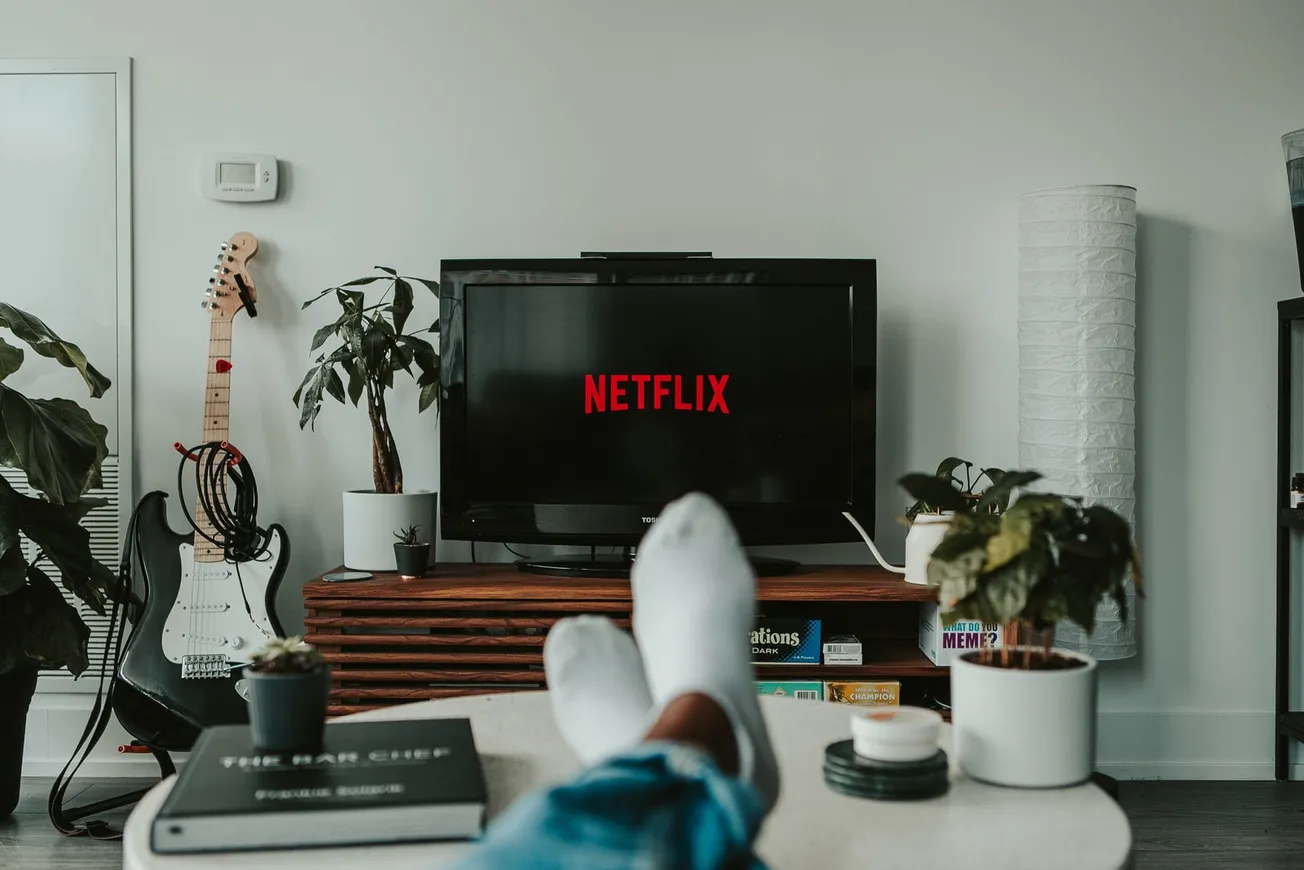Table of Contents
Emmanuel Rincón
fee.org
Emmanuel Rincón is a lawyer, writer, novelist and essayist. He has won several international literary awards. He is Editor-at-large at El American
When asked about the best way to fight monopolies in his documentary series Free to Choose, Milton Friedman had a firm answer: “the free market.” Some of his guests had other positions and argued that government intervention was necessary, but Friedman didn’t buy it.
The Netflix case has proved Friedman right, once again.
On Wednesday, Netflix shares plunged an impressive 36 per cent. Conventional press releases blamed the loss of subscribers as the main cause for the crumbling value of the entertainment company. Others blamed Netflix’s ideological storylines, which in recent times have been advocating mainly leftist causes. These factors are undoubtedly part of the reason why its shares in the market crumbled, but the main reason was far more straightforward: competition.
No one can doubt that Netflix’s founders were forerunners. They discovered or created the subscription-based entertainment service, and they, far from selling or renting movies, as Blockbuster did, reinvented the industry. In 2016 an article was published in Business Insider that claimed Hollywood was terrified that Netflix would become a huge monopoly that would displace them. However, as usually happens in any society where there is capital, opportunity, and space for free competition, soon other companies began to copy Netflix’s business model and provide better service: cheaper prices, shared subscriptions with advertising, other productions, among other perks, which gradually began to bring down Netflix’s solitary reign.
Netflix knows it, too. They argue that the emergence of competitors (Disney, HBO, Amazon, among others) is one of the causes of the loss of customers. Of course, there are also prices, ideology, and programming—there are a number of factors that have caused thousands of people to leave Netflix—but the main thing is that people have the ability to freely choose their entertainment service provider.
Now Netflix will have to adjust its rates, plans, and programming in an attempt to regain lost customers, and will surely backtrack on its intentions to increase subscription prices; in fact, it has been rumoured that the company may be considering the possibility of implementing cheaper subscriptions with the inclusion of advertising.
Regardless of which company ends up being the one that consolidates as the most powerful in the entertainment market, we should all be grateful to have a healthy competition that allows us all to have better and cheaper services, because surely without such competition Netflix could unilaterally set the prices they see fit and include the programming that their directors establish without thinking about the consumer. Most likely this setback will make them rethink the editorial line of programming they have adopted in recent times.
Americans should be grateful to have in the country different large companies competing among themselves for customers. That is the essence of capitalism and the free market, and it is the reason why the United States has been such a successful nation. In Venezuela, the country where I was born and spent 27 years of my life, due to the shortage of products because of the enormous state intervention in the economy, I was forced on many occasions to buy soaps, deodorants, food, and other products of very poor quality and at high prices, because we could only buy what the government bureaucrats offered.
Similarly, I spent years of my life having electricity and water cuts that sometimes lasted 48 hours, because the government was the entity that managed the basic service companies, with the supposed intention of making it more accessible to the entire population. As it turns out—thanks to this intervention—no one in the whole country could enjoy smooth electricity service, a problem that remains to this day.
So as we watch Netflix shares fall, let’s be thankful and celebrate the market process, including the large companies and consolidation it creates. Because I assure you that if these big companies commit any irregularity or fail to comply with consumer demands, the market will put them in their place in a timely manner, something that the government will never be able to do.
This article was originally published on FEE.org. Read the original article.









